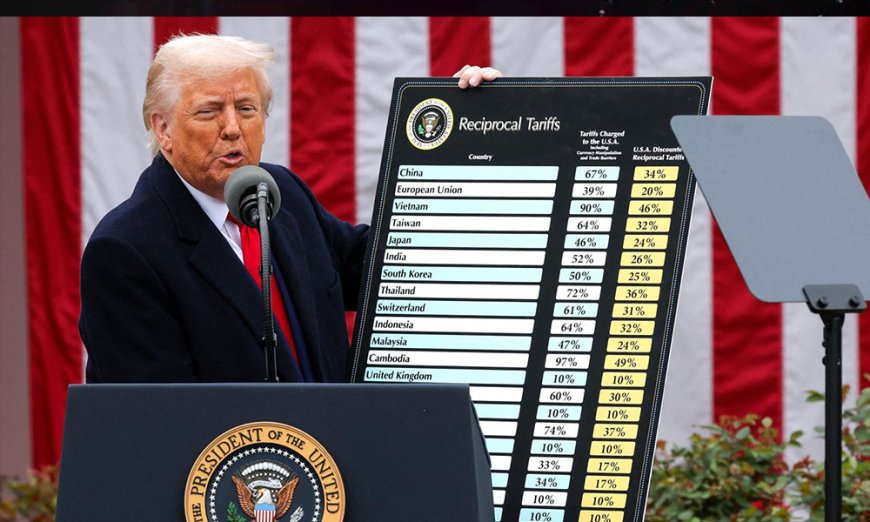BRICS nations denounce Trump-era tariffs, criticize strikes on Iran
The 11 emerging nations represent roughly half of the global population and contribute 40 percent of the world's economic output.

BRICS Leaders Condemn U.S. Tariffs, Strikes on Iran at Summit
Leaders of the BRICS bloc on Sunday criticized U.S. President Donald Trump’s sweeping import tariffs and condemned recent Israeli-American military strikes targeting Iran.
The 11-member group of emerging economies—including Brazil, Russia, India, China, and South Africa—represents nearly half of the global population and accounts for 40 percent of the world’s economic output.
While the bloc is often divided on key global issues, it found common ground in opposing Trump's erratic tariff policies. Though the U.S. president was not mentioned by name, the summit’s joint declaration expressed “serious concern over the rise of unilateral tariff measures,” warning they could undermine global economic stability.
Trump swiftly responded via his Truth Social platform Sunday night, writing: “Any country aligning themselves with the Anti-American policies of BRICS will be charged an ADDITIONAL 10% Tariff. There will be no exceptions to this policy.”
Earlier in the day, BRICS nations also offered symbolic support to Iran—now a member of the group—by condemning a series of airstrikes carried out by the U.S. and Israel on Iranian nuclear and military targets.
Back in April, Trump had threatened both allies and rivals with sweeping new tariffs, briefly pulling back after market turmoil prompted a temporary reprieve. He has warned that unless "deals" are struck by August 1, further unilateral tariffs will follow.
Notably, in a gesture seemingly aimed at maintaining internal unity, the summit avoided direct criticism of the U.S. or President Trump, likely to appease member states such as Brazil, India, and Saudi Arabia—countries with significant ties to Washington.
Discord and Absences Undercut Unity
Initially envisioned as a platform for fast-growing economies to coordinate on global issues, BRICS has evolved into a more complex entity—largely seen as a China-led alternative to Western dominance. However, its expansion to include countries like Iran and Saudi Arabia has made internal consensus more elusive, particularly on contentious issues like the war in Gaza and broader U.S. influence.
The group did agree on supporting a peaceful two-state solution to the Israel-Palestine conflict, a position that clashed with Iran’s long-standing rejection of Israel’s legitimacy. A senior Iranian diplomat confirmed that Tehran had voiced its “reservations” to the Brazilian hosts, though it stopped short of vetoing the final statement.
Diplomatic tensions were further highlighted by the absence of Saudi Arabia’s foreign minister from Sunday’s talks. Riyadh, a close U.S. military ally and major buyer of American defense technology, remained low-key in the proceedings.
Leadership Gaps Dampen Summit Impact
This year’s summit also saw the notable absences of two of the bloc’s most influential leaders. Chinese President Xi Jinping skipped the gathering for the first time in his 12-year tenure, while Russian President Vladimir Putin—wanted internationally for alleged war crimes in Ukraine—joined only via video link.
Putin nonetheless praised BRICS as a growing force in global governance and multilateralism.
The summit also touched on the rise of artificial intelligence, calling for international regulations to ensure the technology remains accessible beyond the wealthiest nations. Currently, the AI sector is dominated by U.S. tech giants, though China and several BRICS members are rapidly developing their own capabilities.
What's Your Reaction?





















































































